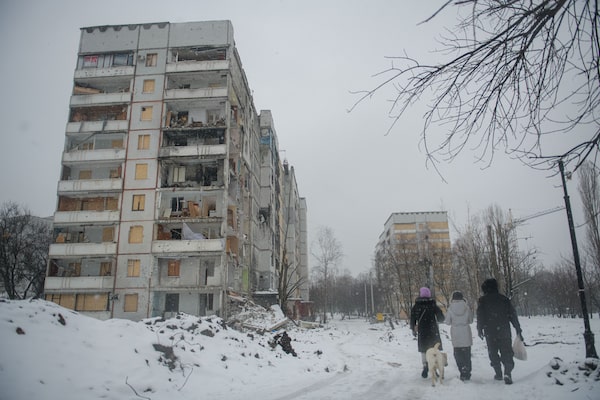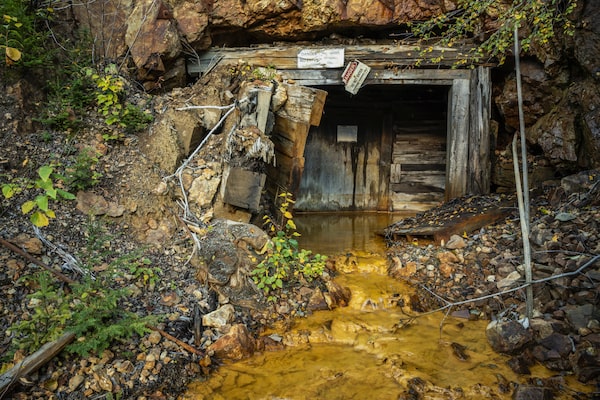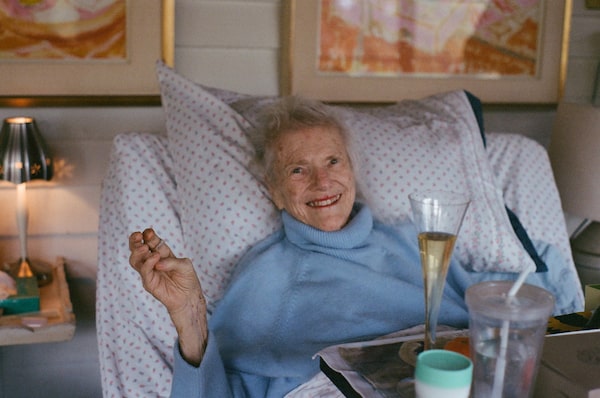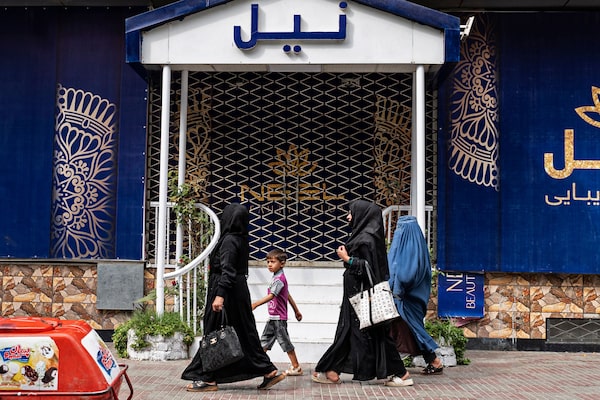Good morning, and welcome to the weekend.
Grab your cup of coffee or tea, and sit down with a selection of this week’s great reads from The Globe and Mail.
In this issue, immigration beat reporter Marie Woolf dives into the world of private colleges. “I had spoken to a number of contacts, including in Canada’s Indian community, about private colleges in Ontario,” she said, adding that she learned some were operating out of strip malls. “I wanted to visit some for myself to see what was going on.” One of Flair College of Management and Technology’s two campuses in the Greater Toronto Area is indeed located in a strip mall, and is largely empty – a far cry from what one would envision as a bustling college campus. “I was surprised that some colleges were owned by immigration consultants, and how few students were in evidence with the exception of one college,” says Woolf.
As Woolf discovered, these colleges are temporary stops along international students’ journey to gaining postgraduate work permits – an important step toward permanent residence status. Read her full investigation.
Also, Mark MacKinnon reports on the anxiety hanging over Kharkiv, Ukraine, which captures the overall mood in the country on the second anniversary of Russia’s full-scale invasion. (Have questions for Mark about the war in Ukraine? He will be addressing reader queries this Saturday at 10 a.m. ET.)
And, while critical minerals are touted as the future of the mining industry, the cost of cleaning up mining pollution from previous booms in British Columbia is adding up. A new investigation finds that the price tag is more than the province can afford – and taxpayers may foot the bill.
If you’re reading this on the web, or it was forwarded to you from someone else, you can sign up for Great Reads and more than 20 other Globe newsletters on our newsletter sign-up page. If you have questions or feedback, drop us a line at greatreads@globeandmail.com.
Empty desks, international students and the quest for Canadian work permits
Flair College of Management and Technology in Brampton, Ont., on Friday Feb. 2, 2024.Christopher Katsarov/The Globe and Mail
Canada has tightened up the protocol for international students, requiring those who arrive on study permits to show they are actively pursuing their studies, are enrolled full- or part-time during each academic semester, and are progressing toward completing their courses. Cue panic at Ontario private colleges, which enroll thousands of international students who stay at the college for sometimes only a few weeks or months before getting a partial refund and moving on to a public school that allows them to stay and work in Canada. Marie Woolf investigates.

Damaged apartment buildings in the neighbourhood of Northen Saltivka in Kharkiv, Ukraine on Feb. 22, 2024.Olga Ivashchenko/The Globe and Mail
A cloud of nervousness hangs over Kharkiv, Ukraine, which is emblematic of the mood in the country on the second anniversary of the war with Russia, reports Mark MacKinnon. If the first anniversary was a slightly celebratory event – Ukraine had somehow survived everything that Russia had thrown at it, and was planning a big counteroffensive to drive the invaders out – the war’s third year begins with Ukrainian forces exhausted and low on ammunition, and with Russia back on the offensive.
B.C. is millions of dollars short on cleanup cost for old mines, analysis finds

Acid mine drainage leaks from an opening to the Tulsequah Chief Mine in British Columbia. The Tulsequah Chief Mine is no longer corporately owned and is in receivership by the British Columbian government to be remediated and environmentally cleaned up.Christopher S. Miller/The Globe and Mail
The Tulsequah Chief mine in British Columbia is one of several ugly remnants overshadowing a new era of mining aimed at building a low-carbon economy. The industry is looking to a future built on critical minerals needed for batteries, particularly for electric vehicles – but the legacy of past investment booms, and a shortfall in the money set aside to deal with cleanup, remains. A Narwhal and Globe and Mail investigation is revealing the true cost of cleaning up mining pollution – and found that the price is hundreds of millions more than B.C. can afford.
I witnessed a good death. I just hope this remains the future of MAID

The author's mother-in-law, Judy, smiles as she receives her afternoon glass of champagne, a ritual she continued in her final days.Supplied
Noah Richler grieved for his grandmother-in-law, Judith MacLachlan, after she opted for a medically assisted death in October. But he also felt awe and satisfaction at the brilliance of her departure, which was joyous, filled with love, and made on MacLachlan’s own terms in the home she’d spent years making her own. He writes that he hopes MAID will stay that way.

Afghan women walks past a closed beauty parlour in Kabul on July 25, 2023.WAKIL KOHSAR/AFP/Getty Images
Everyone wonders how Afghanistan collapsed. How did it change from a country where Sima Samar attended co-educational schools, walked freely, and was not required to wear a scarf on her head, or a burka, into the only country in the world where girls are banned from education after Grade 6? Samar writes that the collapse was not only the result of NATO forces abandoning the country, and the U.S. cutting a deal with the Taliban, but also a consequence of systemic internal failures and a fragmented approach to nation-building.
Toronto is getting its own Law & Order, with tales ripped from the headlines
The show's writing staff dig into the many Torontos the city contains, from glass-walled mansions on the Bridle Path to unhoused people lying in sleeping bags under the seedy marquee of Filmores strip club on Dundas Street East.Steve Wilkie/Citytv
Law & Order is coming to Toronto, an unprecedented move for the iconic series. Wolf Entertainment has licensed its shows to other countries before – for example, there are French and Russian adaptations of Law & Order: Criminal Intent – but those took existing storylines from the U.S. and made local adjustments. This Toronto iteration is the first international franchise to create its own plots and scripts. These stories are ripped from Canadian headlines. The cast and crew are homegrown. And it’s the biggest investment Rogers has made in original Canadian programming. Johanna Schneller writes about Canadianizing the American crime show.
Booking your vacation? Consider the added cost of cancellation inflation

iStockPhoto / Getty Images
After trying relentlessly to cancel a trip to fire-ravaged Vancouver Island partway through a trip through B.C., Jason Kirby and his wife discovered the hard way that in a world beset by wildfires, floods and wars – not to mention the occasional global pandemic – planning a vacation increasingly means hoping for the best but being prepared for the worst. Kirby reports on the new requirements of navigating the many pitfalls that lurk in cancellation policies and traveller insurance products, whether booking short-term rentals, hotels, flights or ambitious multi-country getaways.
This summer, cabin resorts offer a low-stress vacation
Wander the Resort, in southeastern Ontario’s Prince Edward CountyDENIS LIPMAN/Supplied
Summer cottage rentals seem ideal for those looking to escape the city heat – that is, until the fine print of rental agreements sets in, turning a fun getaway into a to-do list of clean-up chores, spare linen pickups and questionable water toys and vessels. In recent years, an alternative has emerged: cabin resorts. Often intentionally small, with less than a dozen cabins available, these private accommodations have the same rustic appeal of cottages, with access to the water and nature, but with the amenities and customer service of a traditional resort. Maryam Siddiqi offers cabin resort options across the country that have recently started taking bookings.
Bonus: Which late-night TV host is former U.S. representative George Santos suing?
a. Seth Meyers
b. Jimmy Kimmel
c. Jimmy Fallon
Did you follow arts and culture news this week? Take our quiz to test yourself.